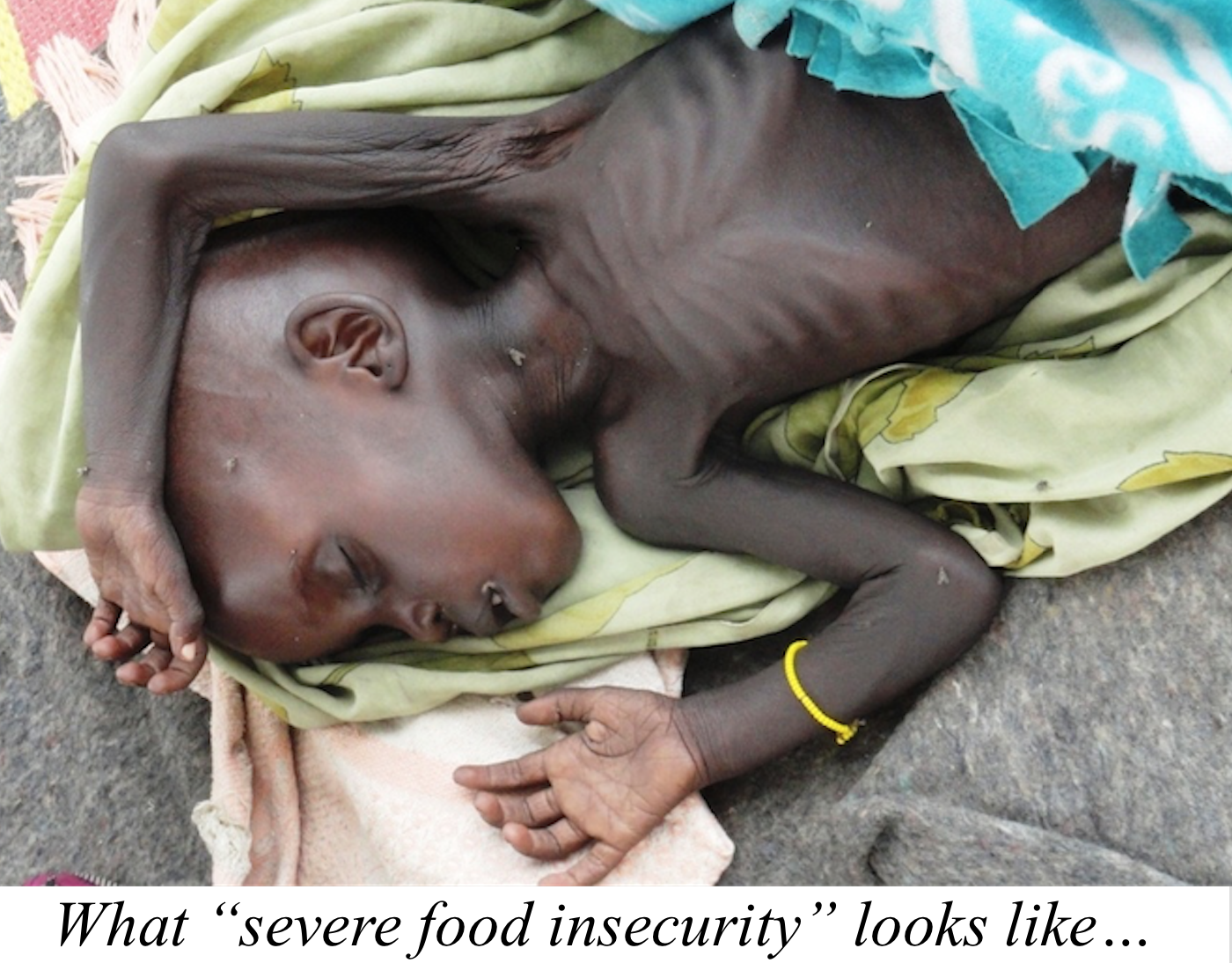Critical food shortages in Darfur IDP camps: what explains this?
Eric Reeves | December 20, 2017 | https://wp.me/p45rOG-2aI
Critical food shortages in Darfur internally displaced persons (IDP) camps: is this Khartoum’s strategy for dismantling the camps providing tenuous security to more than 2 million people (the total IDP population in all settings in Darfur is 2.7 million)? Who is responsible for these shortages? The UN World Food Program (WFP) has been culpable on previous occasions, but are UN political officials bowing to Khartoum’s access restrictions? These restrictions were to have been lifted in return for the removal of U.S. economic sanctions: have they been re-imposed? Khartoum has mastered an enormous repertoire of means for denying or obstructing humanitarian access.
The international “community” must demand answers of the UN.
• Short rations deepen food shortage in Darfur camps | Radio Dabanga | December 20, 2017 | DARFUR
The Darfur Displaced and Refugees Association complains that little food aid has reached the displaced camps in Darfur for more than four months. The Association has warned of the consequences of this and its impact on the displaced people in the light of the failure of the agricultural season this year.
What accounts for this? Is it lack of food available within Sudan? Are there restrictions imposed on UN and nongovernmental humanitarian organizations charged with delivering food to Darfur?
Is this the result of growing “donor fatigue” in response to the ongoing agony of Darfur?—ER
Hussein Abusharati, the spokesman for the Association told Radio Dabanga of “a significant reduction in the food rations distributed by the UN World Food Programme and International Migration Organisations in August” [this is probably a reference to the International Organization for Migration].
What explains these reductions by the UN World Food Program now? There have been many previous confirmed shortages of food in camps for which WFP has been responsible—some because of lack of implementing partners among the international non-governmental humanitarian organizations (INGOs)? Why hasn’t this been reported by the UN’s Office for the Coordination of Humanitarian Affairs? In its most recent report (through Dec 3) OCHA says of Sudan only that, “Food security improves throughout most of the country, due to good harvests, [according to] FEWS NET.” But notably, OCHA again reports that the caseload for Global Acute Malnutrition in Sudan stands at 2.2 million people, disproportionately children.
[Abusharti] said “the food ration at camp Kalma in Nyala was limited to two bowls (malwas) of sorghum per person and 13 malwas of lentils for every 60 displaced people.” He told Radio Dabanga that “the food rations do not include oil, sugar, or dry tomatoes.” Abusharati called on the working humanitarian organisations to reconsider the reduction of food aid to the displaced camps in Darfur and warned of widespread malnutrition-related diseases.
Is the denial of good to camps such as Kalma anything other than a dismantling of the camp by other means? Khartoum has long appeared ready to make camps unlivable for lack of resources: coupled with the violent searches of camps as part of the “disarmament” campaign, are we seeing the beginning of the end for camps that provide the only tenuous security that more than 2 million people depend on?
